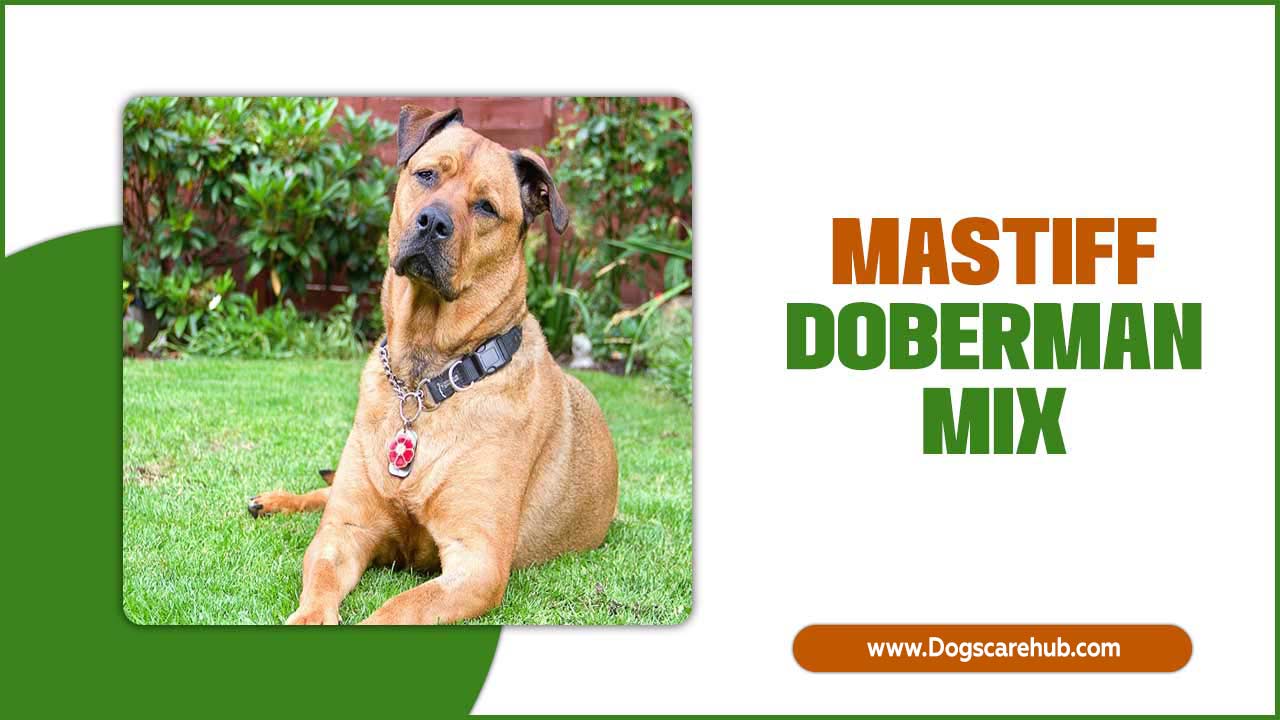Have you ever wondered why your older dog suddenly starts digging? It can seem odd and puzzling. Dogs aren’t just puppies when they dig, even older ones do it sometimes. Let’s explore why this happens. Understanding these reasons can help you keep your yard tidy and your dog happy. So, why do older dogs dig, and how can you help them stop? Let’s find out!

Key Takeaways
- Digging in older dogs can occur for several reasons.
- Boredom or stress often causes dog digging problems.
- Proper attention can reduce dog digging in older dogs.
- Providing toys and activities helps manage digging.
- Consult vets if dog digging problems in older dogs persist.
Understanding Dog Digging Behavior
Dog digging problems in older dogs can be surprising for pet owners. Often, older dogs dig due to boredom or stress. Imagine a dog left alone in the yard for hours. It may feel anxious and start digging to relieve its anxiety. Other times, it might dig to cool down or hide food. Dogs are natural diggers, and this behavior can continue as they age. Understanding why your dog digs is the first step in helping them stop.
- Older dogs dig when they’re bored.
- Stress can lead to digging in older dogs.
- Nature can drive a dog’s digging behavior.
- Some dogs dig to hide or find food.
- Digging can be a way to cool off.
Once you understand the reasons, you can take steps to help your dog. Provide plenty of toys and activities. Spend more time with them to reduce boredom and stress. Checking with a vet can also help if digging becomes a problem. They can offer advice tailored to your dog’s needs. This understanding can make both you and your dog happier.
Fun Fact or Stats : Did you know dogs can dig up to 15 feet in an hour?
Why Do Dogs Dig?
Ever watched a dog dig furiously in the yard? It might look like fun, but there’s often more to it. Some dogs dig instinctively; it’s in their genes. For others, digging can be a way to escape boredom. Think of a dog left in the backyard all day. Without anything to do, it might start digging for entertainment. This natural behavior provides mental stimulation. But it can also become a problem if the dog digs too much.
The Role of Boredom in Digging
Why does boredom cause dogs to dig? Imagine sitting alone with nothing to do. You’d get restless, right? Dogs feel the same way. They need activity and fun. When these are missing, they look for something to do. Digging becomes a way to pass the time. It’s important to keep dogs engaged with toys and play. Happy dogs dig less because they’re busy with fun activities.
Can Stress Cause Digging?
Is stress making your dog dig? Dogs can feel stressed just like people. Changes in their environment, like a move, can upset them. New pets or family members might stress a dog out. When dogs dig, they might be trying to calm their nerves. Helping your pet feel safe and relaxed can reduce their stress. A calm dog is less likely to dig without reason.
Preventing Dog Digging Problems
Dog digging problems in older dogs can be frustrating. But there are ways to prevent this behavior. Start by providing plenty of mental stimulation. Puzzle toys and games can keep dogs busy. Regular exercise is also important. Taking your dog for walks or playing in the yard can help tire them out. A tired dog is less likely to dig. Consider creating a designated digging area. This can satisfy your dog’s need to dig without ruining the yard.
- Give dogs plenty of physical exercise.
- Provide toys and puzzles for mental stimulation.
- Set up a designated digging spot.
- Spend quality time with your dog daily.
- Keep your dog’s environment stress-free.
Prevention is the best way to tackle digging issues. By keeping your dog active and happy, you reduce their need to dig in unwanted areas. You can also train them to dig in specific places if they enjoy it. Training and attention go a long way in preventing problems.
Fun Fact or Stats : Dogs have been digging since ancient times for hunting and cooling.
Importance of Exercise
How important is exercise for your dog? Imagine you’re full of energy but stuck inside. You’d want to run and jump, right? That’s how dogs feel. They need regular exercise to stay happy and healthy. Without it, they might dig to release pent-up energy. Taking your dog for daily walks can reduce digging. Running around in the yard is also a fantastic way to keep them active.
Engaging Your Dog’s Mind
Is your dog’s mind active enough? Dogs love to think and learn. Mental stimulation is as important as physical exercise. Toys that challenge their brains can be exciting. Treat puzzles and interactive toys are great options. These activities keep your dog engaged and away from digging in the yard. A busy mind is less likely to find trouble, like digging holes.
Creating a Digging Zone
Can a special digging zone help? If your dog enjoys digging, why not give them a place for it? Create a designated digging spot in your yard. Fill it with sand or dirt. Encourage your dog to dig there with toys buried in the area. This way, they enjoy digging without damaging your garden. It’s a win-win situation for both you and your furry friend.
When to Consult a Vet
Sometimes, dog digging problems in older dogs need professional help. If your dog digs excessively, it might signal a health problem. Consult a vet to rule out skin issues or anxiety. A vet can provide guidance and strategies tailored to your dog. They can also recommend behavior specialists if needed. It’s important not to ignore excessive digging. It could worsen if not addressed properly.
- Consult a vet if digging becomes excessive.
- Health issues might cause digging behavior.
- Professional advice can be very helpful.
- Consider a behavior specialist if needed.
- Early intervention prevents bigger problems.
Seeking professional help is wise if your dog struggles to stop digging. A vet can assess your dog’s health and suggest solutions. This ensures your pet stays healthy and happy. Early action is always better than waiting for problems to grow worse.
Fun Fact or Stats : Vets report that 1 in 5 dogs dig due to anxiety issues.
Signs You Need a Vet
When should you see a vet about digging? If your dog suddenly digs more than usual, something might be wrong. Look for changes in their habits or mood. Are they eating less or acting different? These could be signs of stress or health issues. A vet can identify the root cause. It’s always better to check when in doubt.
Health Problems Linked to Digging
Can health problems cause digging? Yes, they can. Skin issues might make your dog itch, leading to digging. Joint pain can also cause discomfort, making them dig to soothe it. If digging is paired with other symptoms, a check-up is important. Ensuring your dog is healthy can stop unnecessary digging. Always consider health as a factor.
Role of Behavior Specialists
Do behavior specialists help with digging? They sure can. If digging feels out of control, a specialist can provide solutions. They evaluate your dog’s behavior and suggest training techniques. When digging comes from anxiety or boredom, specialists can help. They create personalized plans to reduce digging. Sometimes, expert guidance is the best way to solve problems.
Conclusion
Dog digging problems in older dogs can be puzzling. Understanding the reasons behind digging helps. By providing entertainment and seeking vets’ advice, you can manage digging. Keeping your dog happy and active is key. With patience and care, you can keep your yard neat and your dog content.
FAQs
Question: Why does my older dog dig so much?
Answer: Older dogs may dig due to boredom, stress, or natural instincts. Without enough mental or physical activities, they seek ways to entertain themselves. Providing toys, exercise, and attention can help reduce this behavior. If digging continues, consult a vet for advice.
Question: How can I stop my dog from digging?
Answer: Offer plenty of exercise and mental stimulation. Use toys and activities to keep your dog busy. Set up a designated digging area for them. Spend quality time with your dog to reduce stress and boredom. Training and patience are key to managing digging.
Question: Should I worry if my dog digs a lot?
Answer: Excessive digging might indicate stress or health issues. Observe your dog for other symptoms. If concerned, seek a vet’s advice. It’s always best to check with a professional to ensure your dog is healthy and happy.
Question: Is digging a sign of boredom?
Answer: Yes, digging can signal boredom. Dogs with little mental or physical activity often seek ways to entertain themselves. Ensuring your dog has enough to do can reduce boredom-related digging. Keep them engaged with games and activities.
Question: Can training stop dog digging?
Answer: Training can help manage digging behavior. Teach your dog where and when it’s okay to dig. Use positive reinforcement to encourage good behavior. Training requires patience and consistency, but it can be effective in reducing unwanted digging.
Question: Are some dogs more prone to digging?
Answer: Yes, certain breeds are natural diggers. Terriers, for example, are known to dig due to their hunting instincts. These dogs require more mental and physical activities. Providing these can help reduce digging issues.
Meet Elyse Colburn, the devoted canine companion and storyteller behind the enchanting world of “Tales, Tails, and Adventures Unleashed.” A passionate dog enthusiast with a heart full of paw prints, Elyse Colburn shares heartwarming tales and insightful adventures, celebrating the joy, loyalty, and endless antics that make every dog a true hero. Join Elyse Colburn on this tail-wagging journey, where every post is a love letter to our four-legged friends.








